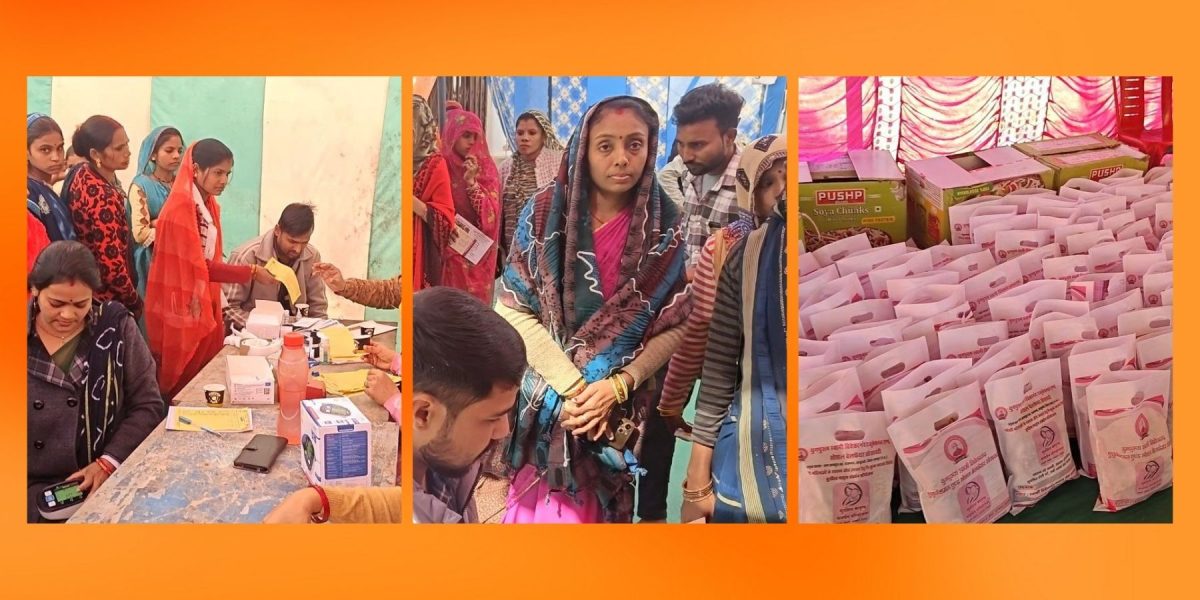Medical camps are temporary health care services set up in different locations to provide medical care, treatment, and awareness to communities, especially in remote or underserved areas. These camps are typically organized by hospitals, non-governmental organizations (NGOs), government bodies, or community organizations. Here’s a brief introduction to the different types of medical camps:
1. General Health Camps
- Purpose: To provide basic medical check-ups, health assessments, and primary healthcare services for a wide range of health issues.
- Services Offered: General health check-ups, blood pressure monitoring, blood sugar testing, health consultations, and referrals for more specialized treatment.
- Target Audience: The general population, especially in rural or economically disadvantaged areas.
2. Eye Camps
- Purpose: To provide eye care services, including vision screenings, diagnosis of eye-related problems, and free or subsidized treatment for conditions like cataracts, glaucoma, and refractive errors.
- Services Offered: Eye exams, free eyeglasses distribution, cataract surgery, and treatment for common eye diseases.
- Target Audience: Individuals with vision problems, elderly people, and those who cannot afford regular eye care.
3. Child Health Camps
- Purpose: To provide healthcare services focusing on the health needs of children, including immunization, growth monitoring, and disease prevention.
- Services Offered: Vaccinations, growth and development checks, treatment of common childhood illnesses (e.g., diarrhea, pneumonia), and nutritional counseling.
- Target Audience: Children, particularly those in low-income or rural areas.
4. Women’s Health Camps

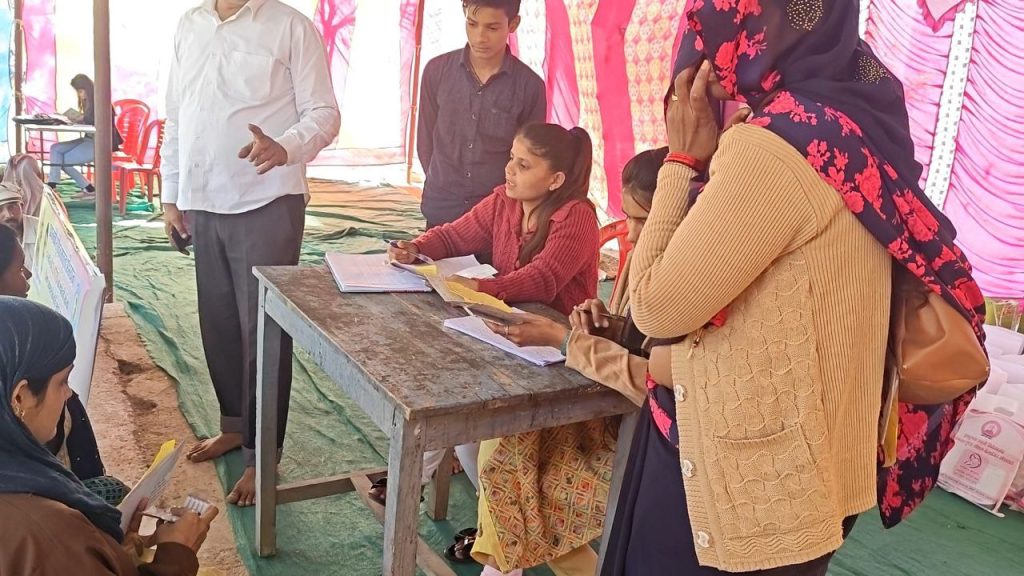
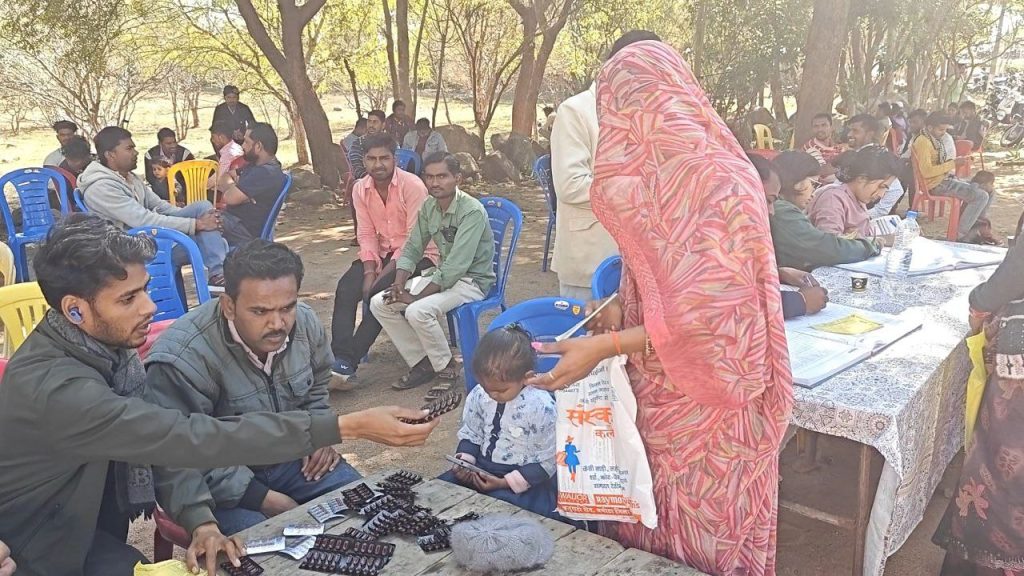
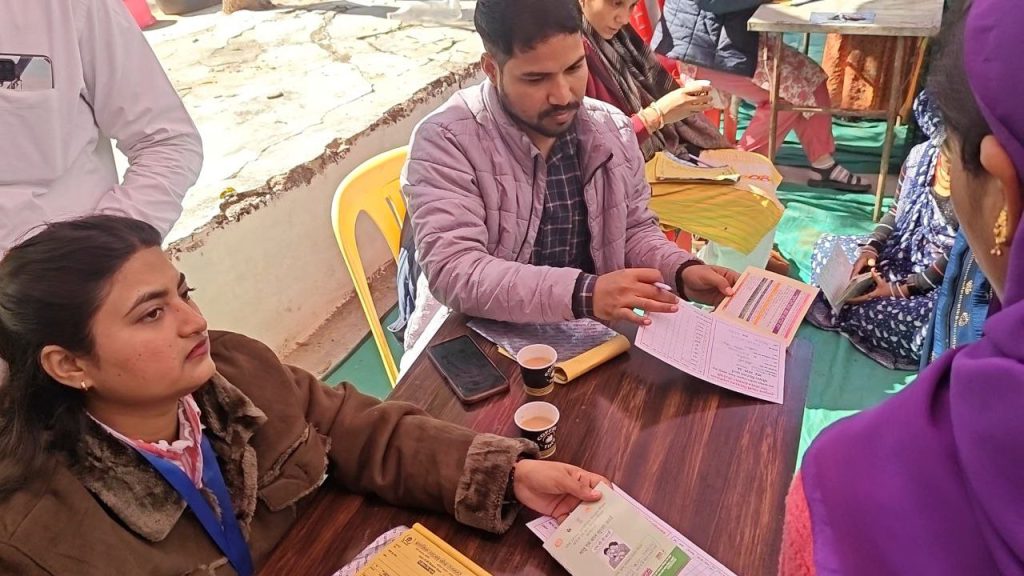
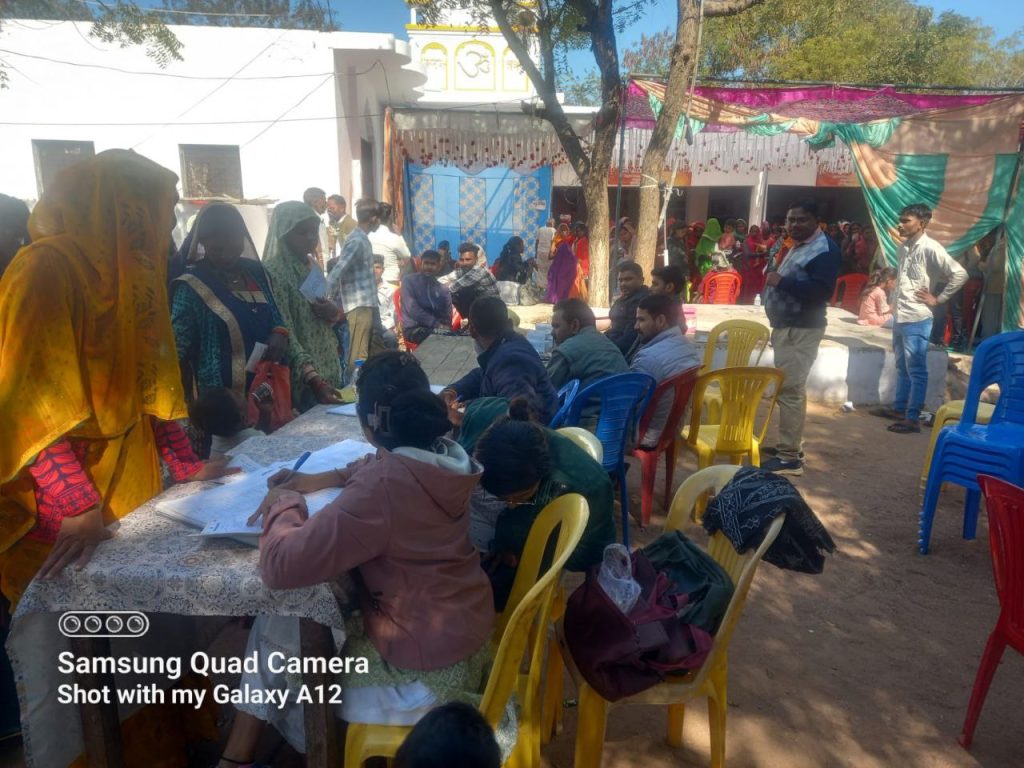
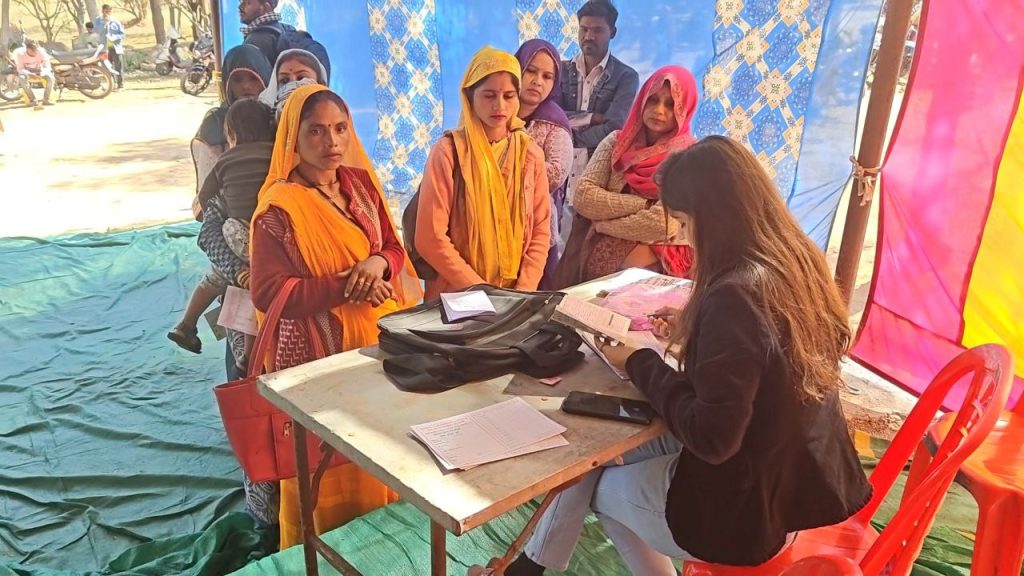
- Purpose: To address the specific health needs of women, such as reproductive health, maternal care, and prevention of diseases like cervical cancer and breast cancer.
- Services Offered: Gynecological consultations, family planning counseling, breast cancer screenings, pap smears, and pre/post-natal care.
- Target Audience: Women of all ages, especially those in underserved communities.
5. Emergency Medical Camps
- Purpose: To provide immediate medical relief during or after a disaster or emergency situation, such as natural disasters, accidents, or epidemics.
- Services Offered: First aid, trauma care, wound dressing, treatment of injuries, and sometimes, surgical procedures if required.
- Target Audience: Disaster-affected populations, including those with injuries, infections, and other emergency health conditions.
6. Blood Pressure and Diabetes Camps
- Purpose: To screen individuals for high blood pressure and diabetes and provide advice on managing and preventing these chronic conditions.
- Services Offered: Blood pressure and blood sugar testing, lifestyle counseling, dietary advice, and referrals for further treatment.
- Target Audience: People at risk of or diagnosed with hypertension or diabetes, often those in communities with limited access to specialized healthcare.
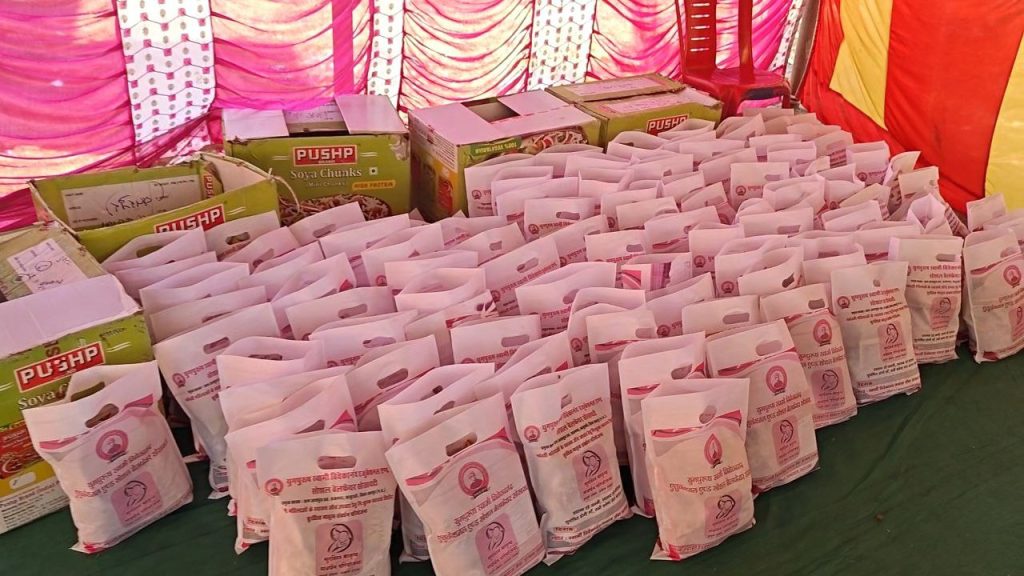
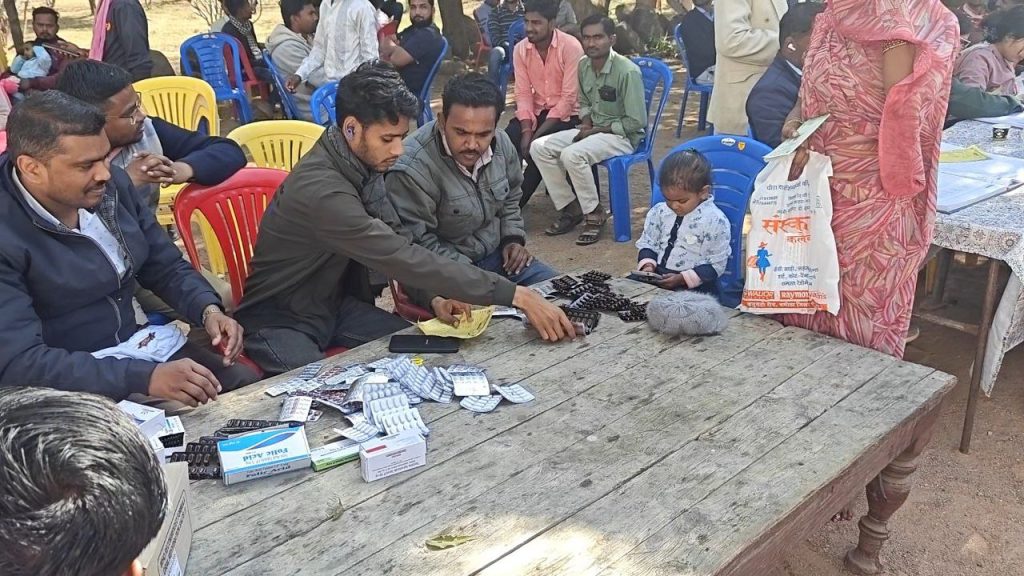

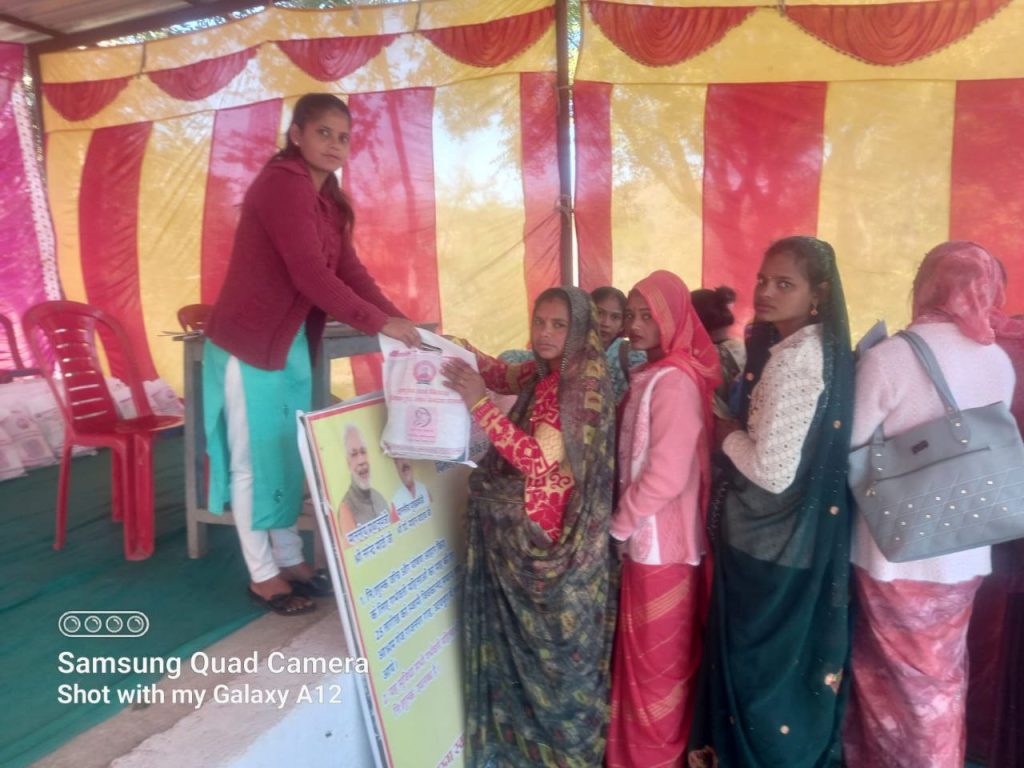
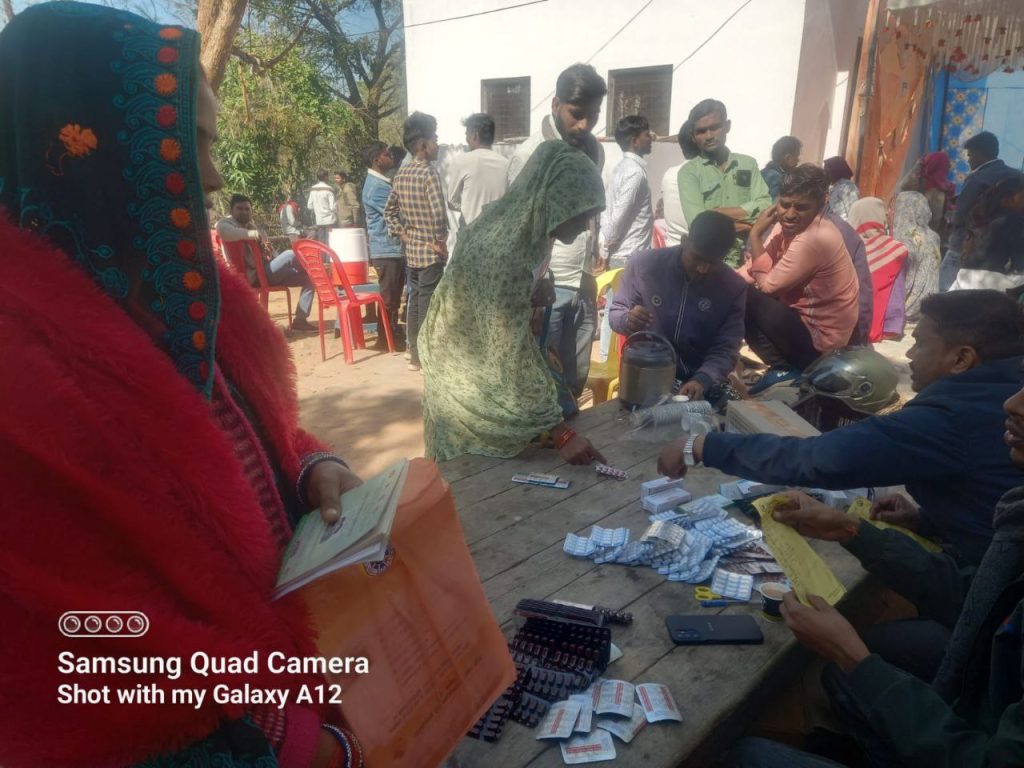
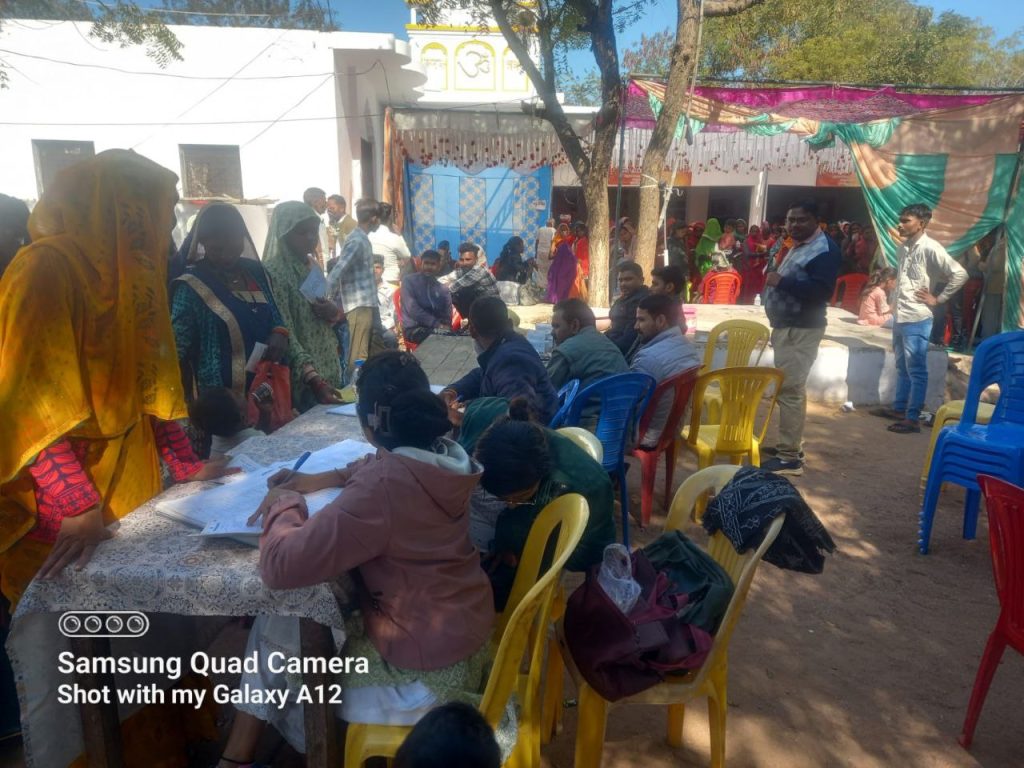
7. HIV/AIDS Awareness
- Purpose: To provide education, awareness, and free HIV testing to reduce stigma and increase prevention in high-risk populations.
- Services Offered: HIV testing, counseling, awareness about prevention methods, and referral to treatment centers if needed.
- Target Audience: People at risk of HIV, including high-risk groups like sexually active individuals, those with multiple partners, and marginalized communities.
Benefits of Medical Camps:
- Access to Healthcare: They provide immediate access to medical care for underserved populations, helping to address gaps in the healthcare system.
- Health Awareness: Medical camps educate people about preventive measures, hygiene, nutrition, and the importance of regular health check-ups.
- Cost-Effective: Many medical camps offer free or low-cost services, making healthcare accessible to people who cannot afford expensive treatments.
- Preventive Care: By offering screening services, medical camps help detect health issues early, leading to better outcomes.
Conclusion:
Medical camps play an essential role in extending healthcare service to people in remote areas or those with limited access to regular medical Supported. These camps can cover a wide range of specialties, from general health to more specific concerns like Medical general Camp, Handicrafts Peoples equipment distribution campaign and other benefiting individuals who may otherwise lack access to necessary treatments and preventive care.

